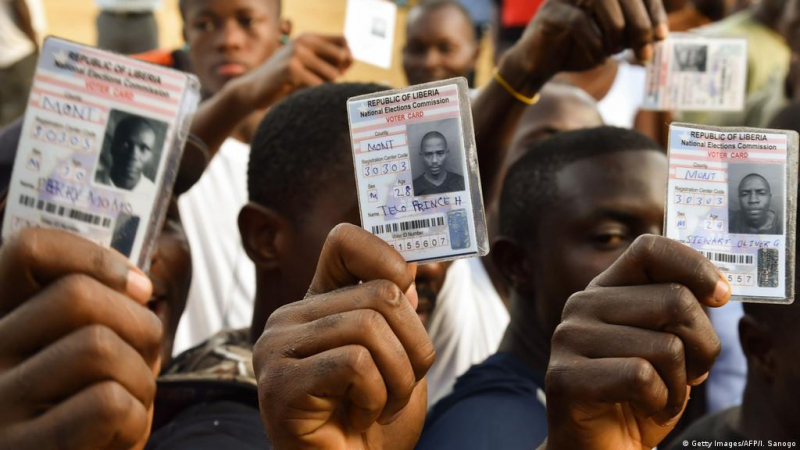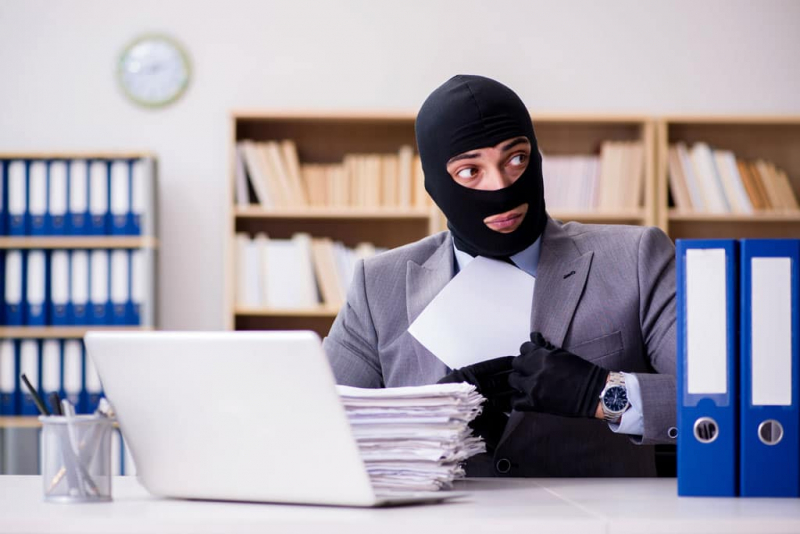Fraud
Unsolicited emails advertising alluring business or financial possibilities should be avoided. If you're looking for compensation after losing money to a fraud, don't go to Liberia. Rather, seek legal counsel on how to handle the problem. You may be a victim of a scam if you fly to Liberia to meet someone you met online. Fraud is one of the things to know before traveling to Liberia.
To deceive and extort money from their victims, organized fraud networks are inventing more novel and complex frauds. They perform significant research in order to construct believable papers, detailed biographies of fictitious firms, medical reports, and forged export certificates.
The names and logos of well-known organizations, governments, and government agencies are frequently utilized without permission. Websites that look to be quite trustworthy are also forged. Before sending money, providing a service or goods, or making travel plans, thoroughly evaluate any unsolicited business proposition.
You should look up your contact's information online to be sure they are who they say they are. If he or she is a professional (doctor, lawyer, police officer), contact the country's professional association directly rather than using the contact information supplied by him or her; be suspicious of any unsolicited commercial proposition. If anything appears too good to be true, it generally is; any request for money should be viewed with caution.












